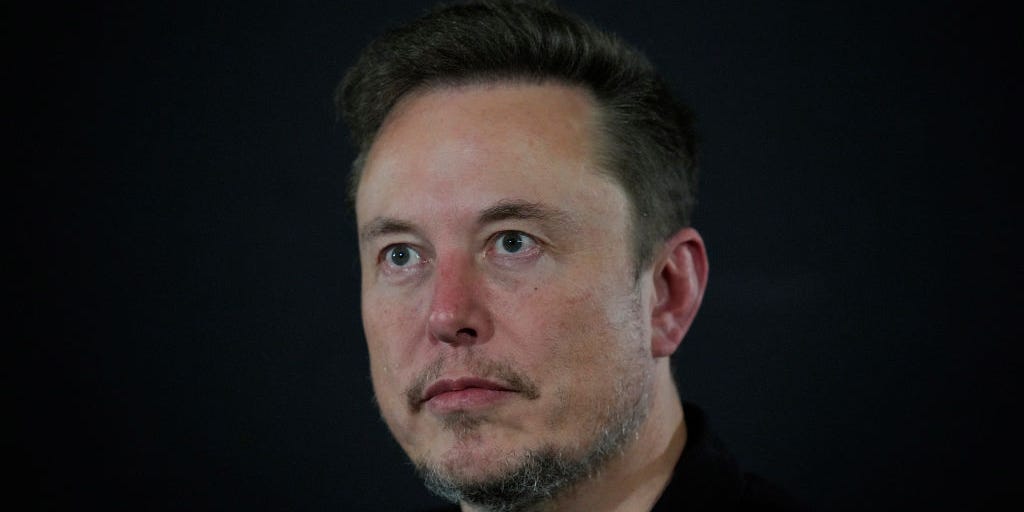"NATO's Price Tag: Musk Challenges US Defense Spending in Provocative Critique"

For years, Donald Trump has been a vocal critic of European nations' defense spending, consistently challenging NATO allies to step up their financial contributions to the alliance. His confrontational approach often put diplomatic relations on edge, with Trump not shying away from making bold threats about potentially withdrawing the United States from the strategic military partnership.
At the heart of Trump's criticism was a long-standing frustration with what he perceived as an unfair burden on American taxpayers. He repeatedly argued that European countries were not pulling their weight in terms of military funding, frequently pointing out that many NATO members were falling short of the agreed-upon 2% of GDP defense spending target.
The former president's stance was unequivocal: either European allies increase their military investments, or the United States might reconsider its commitment to NATO. This approach marked a significant departure from traditional diplomatic discourse, creating tension within the international security framework and raising questions about the future of transatlantic military cooperation.
While Trump's rhetoric often created diplomatic friction, it also sparked important conversations about burden-sharing and military preparedness among NATO members. His direct confrontational style forced many European nations to take a closer look at their defense spending and strategic commitments.








